Resources
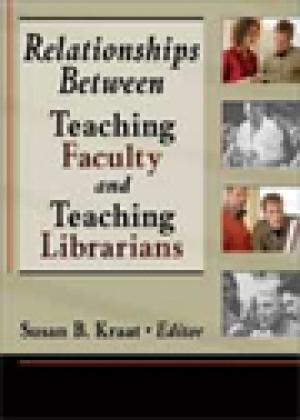
This collection reflects the experiences of librarians, teaching faculty and library directors, whose perspectives range from cynicism to cautious optimism and idealism when it comes to working with teaching faculty. The volume includes case studies, surveys, sample questionnaires, statistics and a toolkit for establishing an effective library liaison program. The essays examine the teaching and learning environment, course growth and maintenance, and the "professor librarian" model. (From the Publisher)
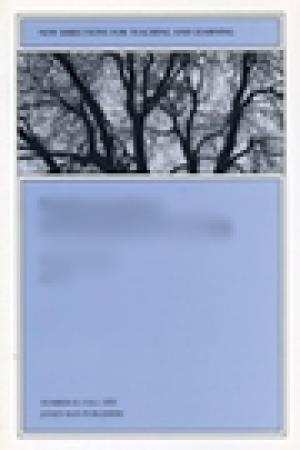
This volume addresses the limitations of an instrumental perspective on collaboration and explores why stakeholders in higher education should refocus attention on collaboration as a source of faculty learning. The chapters establish a theoretical basis for thinking about faculty learning and then use case studies to explore this topic in the context of service or outreach, research, and teaching. Included as well are a meta-analysis of the cases to demonstrate what they teach about contexts that promote faculty learning and a discussion of the implications of the analysis for higher education policy and practice, including the evaluation of collaboratively produced work. The framework and cases are useful to an audience of academic leaders committed to faculty development and to creating hiring, promotion, and tenure policies that reward the full range of scholarly pursuits. They should also prove instructive to faculty embarking on interdisciplinary teaching, research, or outreach activities. This is the 102nd issue of the Jossey-Bass quarterly report series New Directions for Teaching and Learning. (From the Publisher)
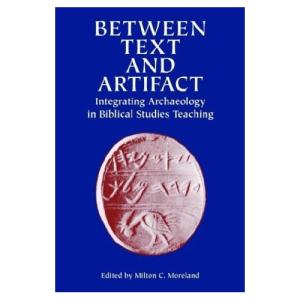
Though researchers in both Biblical studies and archaeology have finally recognized the contributions they can make to each others' disciplines, the integration has been difficult to transfer to teaching, so that future scholars will not have to keep climbing over the same wall every generation. Teachers of history and religious studies share some of the approaches they have used to solve the problem. (From the Publisher)
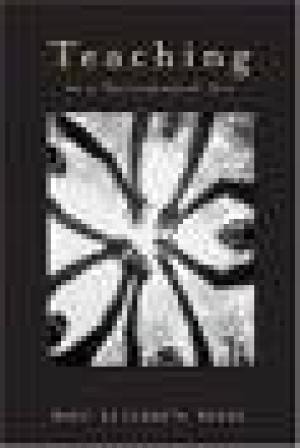
"In Teaching as a Sacramental Act, Moore asserts that Christian vocation, and the teaching vocation in particular, can be best understood as sacramental, mediating the grace of God through ordinary creation for the sanctification of human life and the well-being of all creation. She develops her argument through three important factors: a historical-theological analysis of the Christian sacraments and sacramentality; a phenomenological study of teaching events; and a description of six sacramental movements and corresponding teaching practices as informed by Jewish-Christian traditions and Eucharistic practices." Teaching as a Sacramental Act is ideal for students, pastors, Christian educators, spiritual directors, and pastoral caregivers who want to rethink and reshape the teaching ministry of the church. (From the Publisher)
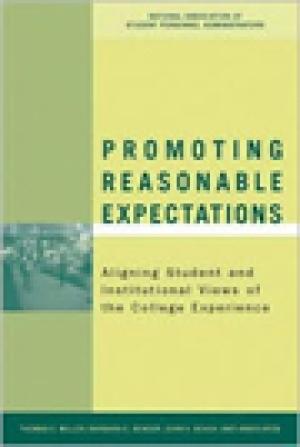
In this important resource, leading figures in the field of student affairs examine the key issue of student expectations of college, then contrast them with the real experiences of students. The book identifies strategies for addressing the disjunctions between expectation and experience. Sponsored by the National Association of Student Personnel Administrators, the book is intended as the starting point for campus discussions and will undoubtedly spark similar conversations across higher education leadership, and perhaps even among parents and students as well. (From the Publisher)
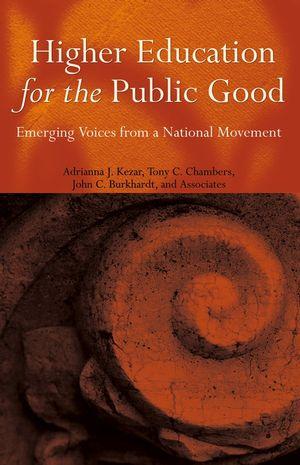
This important resource describes how higher education contributes to the public good and offers suggestions for how leaders can enhance their contribution through new policies and practices. Higher Education for the Public Good draws on the experiences of individuals and groups from a wide-variety of campuses throughout the country. The information was gathered at various dialogues hosted by the Kellogg Forum on Higher Education for the Public Good. In addition the book suggest ways that leaders can constructively engage in a debate about the pubic good with the public, legislators, and among institutional members of high education. (From the Publisher)
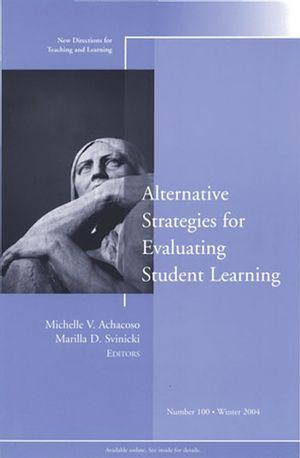
Although new forms of learning call for new forms of assessment, many faculty struggle to find different ways of testing their students' achievements. This issue introduces readers to both theory and practical examples of innovations in assessment in the college classroom. Examples include authentic testing, testing with multimedia, portfolios, visual synthesis, and performance-based testing, among others. Contributors also argue that student performance on exams can be improved by techniques that can be implemented both before and after the exam to make the students better learners. (From the Publisher)
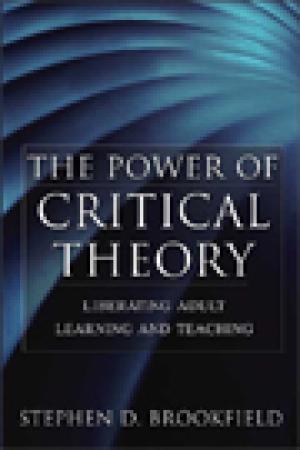
The Power of Critical Theory makes a powerful case for how the work of leading critical theorists can help adult educators and learners make sense of the pressing dilemmas, contradictions and frustrations they experience in their work. Stephen Brookfield guides the readers through a number of concepts and the theorists most identified with each concept. He also examines critical theory from writers who critique the theories using the lenses of gender and race. (From the Publisher)
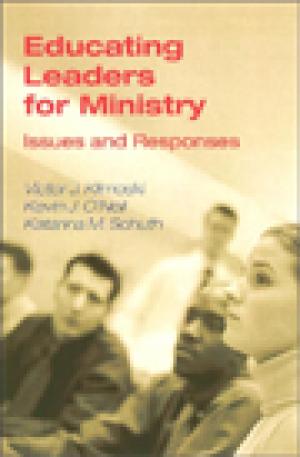
Educating Leaders for Ministry names four overarching challenges that students, faculty, and administrators face in theological education: theological differences, learning differences, integration, and assessment. The six-year program, known popularly as the Keystone Conferences (1996-2001), tapped the experience of nearly 150 educators and administrators as it identified and proposed responses to the particularly problematic issues that surface in the teaching and learning endeavor in Roman Catholic theological education in the United States. (From the Publisher)
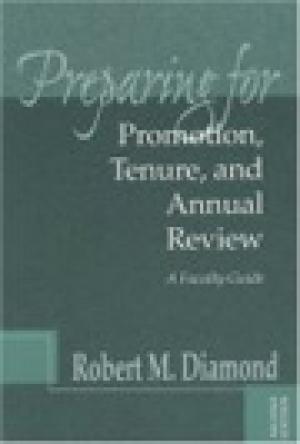
This practical, best-selling book has guided thousands of faculty through the promotion and tenure process since its publication in 1995. This new edition has been significantly revised and expanded, but has also kept its focus on process—what faculty can do to make a better case for why they should be promoted or tenured. This new edition of Preparing for Promotion, Tenure, and Annual Review contains a number of additional resources not included in the previous version—materials that are designed to help faculty prepare for a major professional review—such as post-tenure review, teaching with technology, dealing with changing guidelines and policies, and suggestions on how annual review materials can be used as a foundation for the promotion and tenure portfolio. In addition to updated references and resources, there are also expanded sections on scholarship, on teaching and on advising, on how to best document faculty role and impact as part of a team, and on collegiality. (From the Publisher)